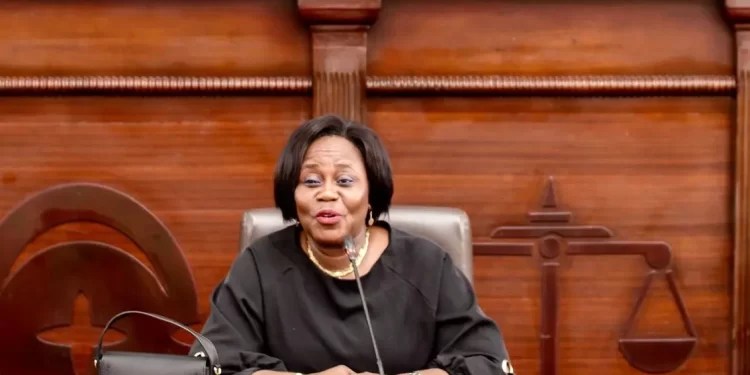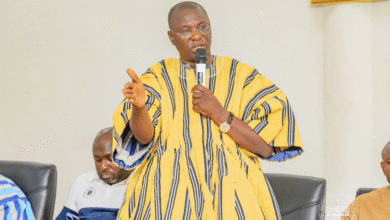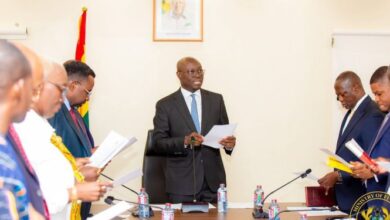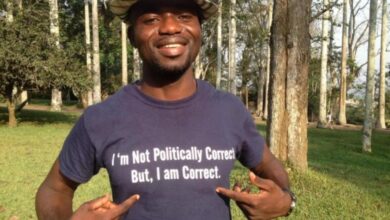This is a mockery of justice – Suspended CJ fights back

Suspended Chief Justice Gertrude Torkornoo has mounted a fierce challenge to the ongoing proceedings seeking her removal, alleging that the process has been designed not to deliver justice but to force her out unfairly.
In a supplementary affidavit filed at the Supreme Court, Justice Torkornoo described the work of the Justice Pwamang Committee as a “mockery of justice” and a strategic ploy to tarnish her image and violate her rights. She argues that the treatment she has endured throughout the process has not only been inhumane and degrading but also a clear breach of her constitutional protections.
One of her strongest objections centers on the location of the hearings. Unlike previous judicial inquiries held at the Judicial Service’s Court Complex, her case is being heard at the Osu Castle, a heavily fortified government facility.
She says the setting is inappropriate, unnecessarily intimidating, and deliberately chosen to create psychological pressure.
Torkornoo also criticized the committee for failing to outline the legal basis on which a prima facie case was established against her. Without clear criteria or justification, she argues, her ability to understand the charges and defend herself has been severely undermined.
She further revealed that hearing dates were set without her consent or the presence of her counsel—despite having notified the committee of a pending legal challenge at the Supreme Court and her lawyer’s unavailability on the scheduled day.
Another key issue she raised is the committee’s decision to permit the petitioners to present their case through witnesses, rather than appearing themselves. She views this as unfair and inconsistent with the principle of open and accountable justice.
Her affidavit also details a number of deeply personal intrusions: being denied access to her mobile phone, subjected to invasive body searches, and barred from having her husband and children present during proceedings.
In contrast, she says the petitioners’ lawyers and clients were allowed more freedom, including access to their phones—further deepening the imbalance in how the two sides were treated.
According to Justice Torkornoo, these experiences have not only taken a mental toll but signal a troubling attempt to break her resolve through psychological pressure. Her case, she suggests, is not just about her future—it’s about the integrity of the justice system itself.




